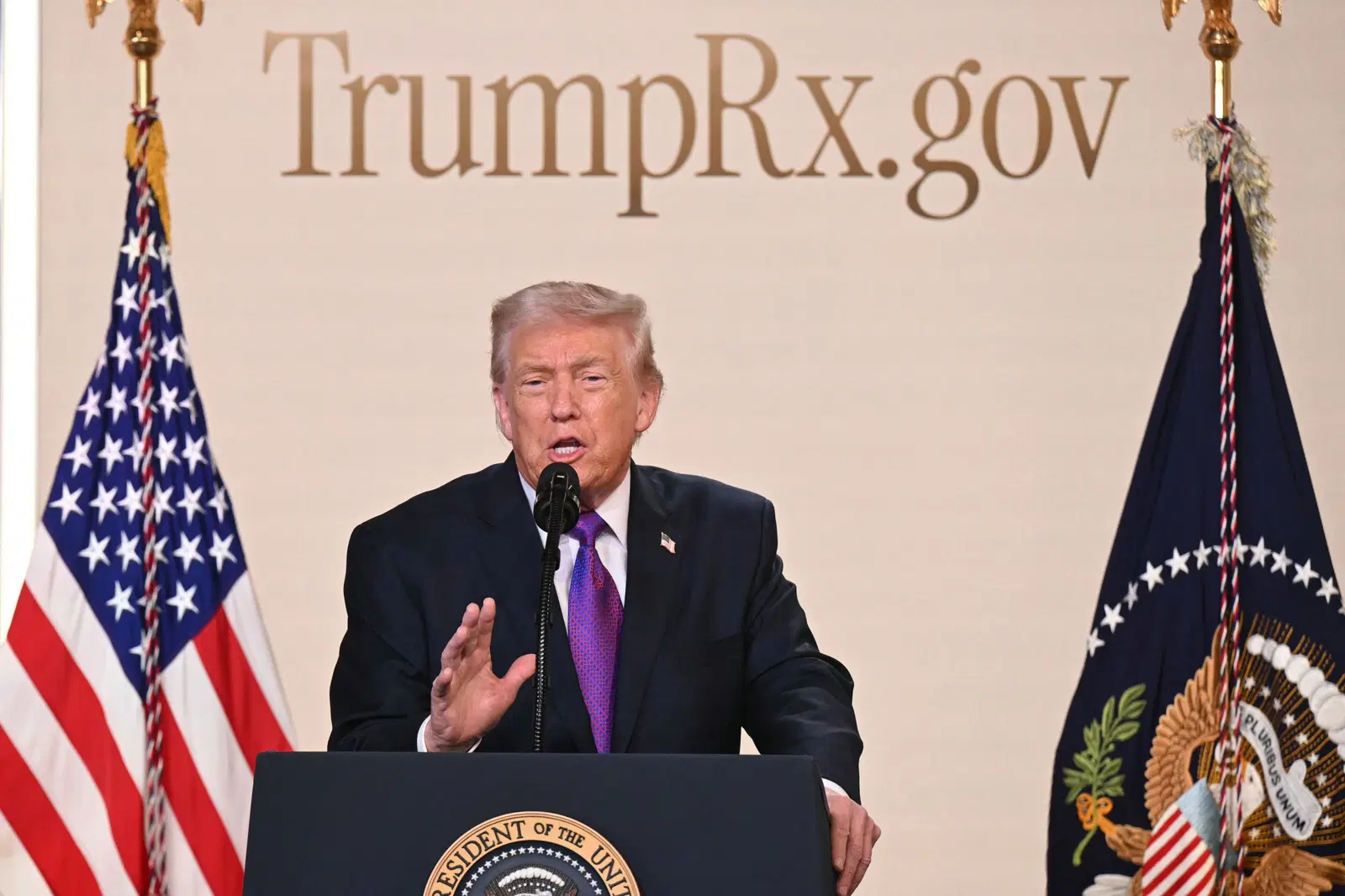The Federal Ministry of Budget and Economic Planning and the Ministry of Finance have stressed the importance of coordinating policies and payments to meet Nigeria’s financial obligations.
The Minister of Budget and Economic Planning, Senator Abubakar Bagudu, highlighted this collaborative effort, aiming to address delayed payments to manufacturers and other critical sectors, according to The Punch.
The Permanent Secretary, Dr. Vitalis Obi reinforced the significance of robust policy frameworks in achieving timely financial management.
Senator Abubakar Bagudu, represented by the permanent security of the Ministry, Dr Vitalis Obi, reinforced the significance of robust policy frameworks in achieving timely financial management.
He stated, “In our coordinating role, we partner and dialogue with the Ministry of Finance, and when we come up with a consensus, we develop a common strategy and policy framework to be able to address any issue of national interest.”
He stressed that swift action would be taken once funds were approved for disbursement to address pressing national issues.
“That is the practical step we take in ensuring that when funds have been approved to be disbursed or released to solve national problems, we follow through fast. Any issue of such on our table will not only be solved via the meeting I just described but will also get its due resolution,” he added.
Bagudu outlined the key theme of the upcoming NES#30, “Collaborative Action for Growth, Competitiveness, and Stability”.
The summit, scheduled for October 14-16, 2024, aims to address the country’s pressing economic challenges, such as inflation, rising costs of living, and slow economic growth.
He pointed out that the summit provided an opportunity for top policymakers, corporate leaders, and other stakeholders to exchange ideas and build a consensus on strategic policies that will benefit the country.
“The annual Economic Summits have helped to shape many of the reform policies that have underpinned our development aspirations and economic growth strategies over the past twenty-nine years,” Bagudu stated.
He further noted that the collaboration between the government and the private sector in organizing the summits was crucial for fostering Nigeria’s economic development.
“It has become a model for public-private partnership and provides a credible and widely recognised platform for top policymakers and corporate leaders to interact and exchange ideas,” he said.
The minister also addressed the financial strains affecting manufacturers and other sectors that rely on timely payments.
The Chairman of the Nigerian Economic Summit Group, Mr Niyi Yusuf, in his welcome remarks, highlighted the critical challenges facing the country’s economy.
He noted that despite a 3.2% GDP growth rate in Q2 2024, sectors such as agriculture and services continued to struggle, contributing to a decline in living standards.
“Our businesses and citizens are under massive pressure from rising costs, inflation, and a struggling economy,” Yusuf stated.
He called for a collective effort to address these challenges, emphasizing that the theme of the summit served as a call to action.











